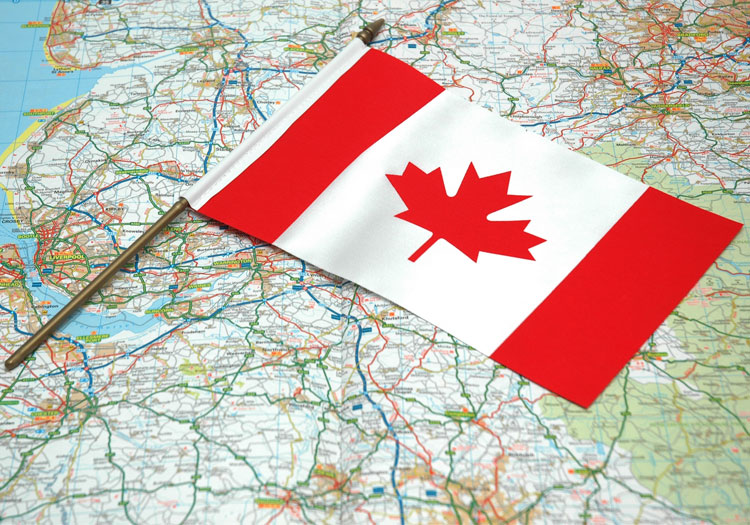
Why Study In France ?
Studying in France provides a unique opportunity to experience a lively lifestyle, excellent education, and rich culture. France offers an environment that is challenging for academic and personal growth, and it is well-known for its outstanding universities and numerous academic programs.
Students also enjoy the most impressive cultural experience, complete with famous sites and delicious food. Select France for a unique educational experience that offers lots of chances for research, learning, and adventure.

Country Info
Western Europe’s France is well-known for its varied culture, lengthy history, and stunning scenery. France is a country that has a population of over 67 million people and is well-known for its iconic sites, like the Eiffel Tower, the Louvre Museum, and the gorgeous French Beach. With thriving tourist, fashion, and technology industries, the nation offers a high standard of living. The delicious cheeses, wines, and pastries of French cuisine are appreciated worldwide. The world comes to France to study at its highly regarded colleges and other educational establishments, which are known for their first-rate education system. Discover France for a unique fusion of creativity, culture, and history.
Education policy in France
Accessibility, quality, and innovation are prioritized in French education policy. A thorough learning journey is ensured by the system’s framework, which is divided into primary, secondary, and higher education levels. Students gain from a well-rounded education, which promotes rigorous learning and critical thinking. Maintaining standards, funding, and regulation of schools are major responsibilities of the government. In order to better prepare students for the changing nature of the labor market, new reforms also seek to improve digital literacy and vocational training. Ensuring that students have the skills required to succeed in modern society is the top priority of France’s education system.

France Student Visa
For international students looking to study in this succeeding academic nation known for its rich cultural diversity, obtaining a student visa for France is a necessary first step. Here is a thorough explanation of the procedure:
Select Visa Type: You can apply for a long-stay visa (for programs longer than 90 days) or a short-stay visa (for programs up to 90 days), depending on the length of your program.
Admission Letter: Get accepted into a known French educational institution prior to submitting a visa application. When applying for a visa, the admission letter must be shown.
Application for Visa: Start the visa application process by going to the official website of the French embassy or consulate in your country of residence after receiving the acceptance letter. Provide the necessary documentation and accurately complete the application form.
Required Documents: Generally, the following paperwork is needed in order to apply for a student visa to France:
- Passport with at least two blank pages and valid for at least three months beyond your intended stay.
- Completed visa application form.
- Passport-sized photographs meet specific requirements.
- Proof of acceptance to a French educational institution.
- Evidence of ability to pay for living expenses and tuition.
- Health insurance covers your entire stay in France.
- Proof of accommodation in France.
- Evidence of proficiency in French or English, depending on your course requirements.
Visa Interview: It could be necessary for specific candidates to go to a visa interview at the French embassy or consulate in their nation of origin. Be ready to discuss your financial status and academic plans when asked.
Visa Fee: Depending on your country and the kind of visa you’re requesting, you must pay the appropriate visa fee, which may change. Even in the event that your visa application is denied, the cost is non-refundable.
Waiting Period: There will be a processing time after your visa application and necessary documents are submitted. Depending on the mission or consulate’s workload, this period varies and may take several weeks.
Visa Approval: Your passport will have the visa stamped in it if your application is accepted. Well done! You’re now set to go to France to start your studies.
Arrival in France: Depending on the type of visa you have, you will need to apply for a residence permit at the town hall or prefect in your area during the first few months of your stay.
Compliance with Regulations: Make sure you follow all guidelines regarding visa requirements during your time in France, including keeping up-to-date health insurance and following to any requirements set down in your visa.



